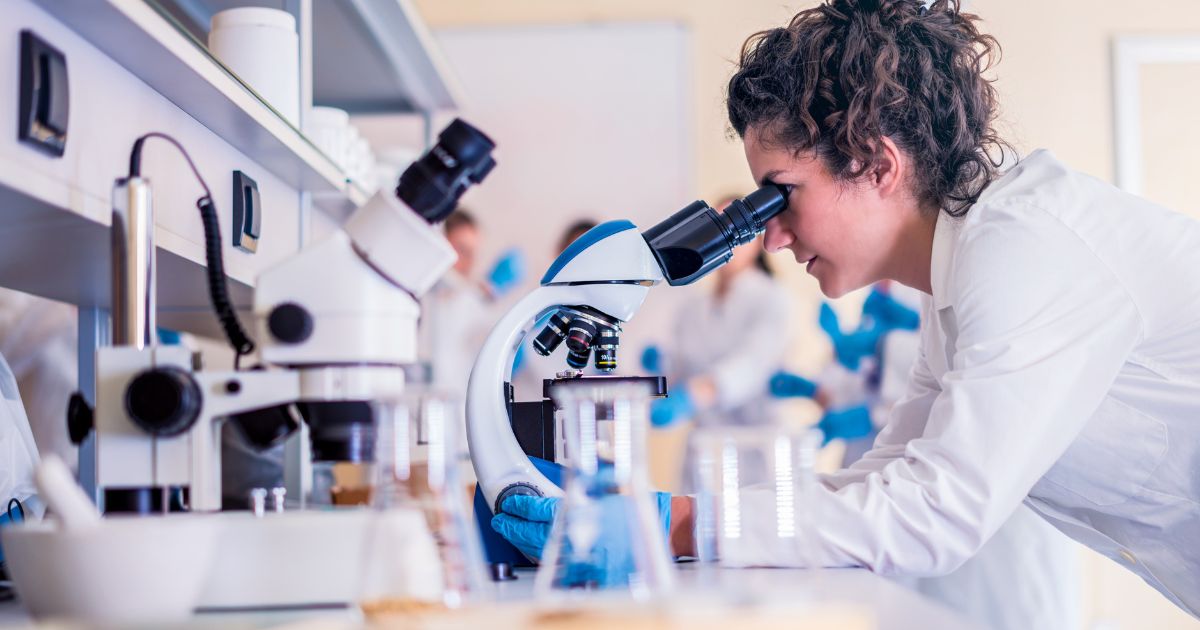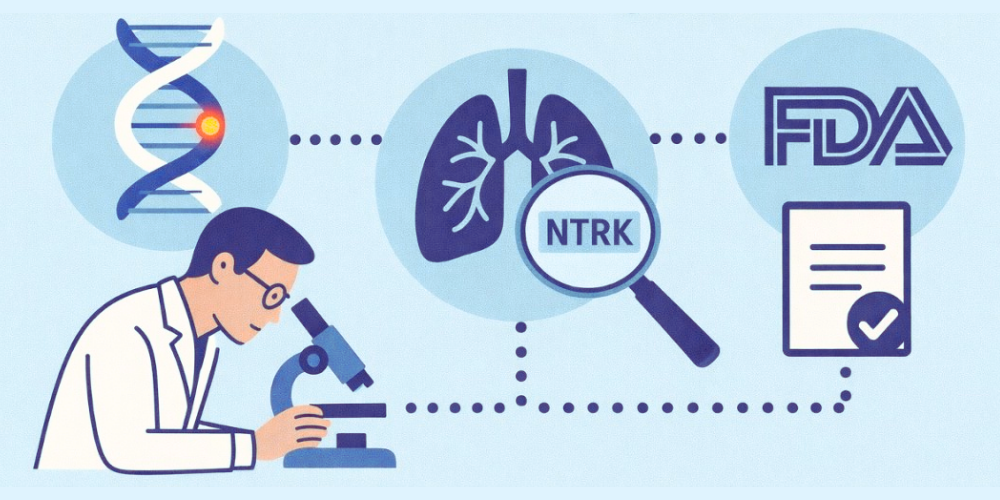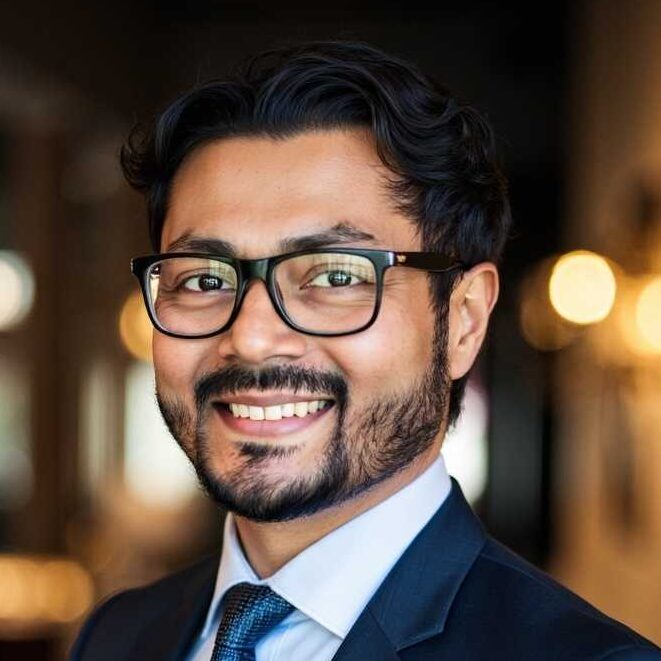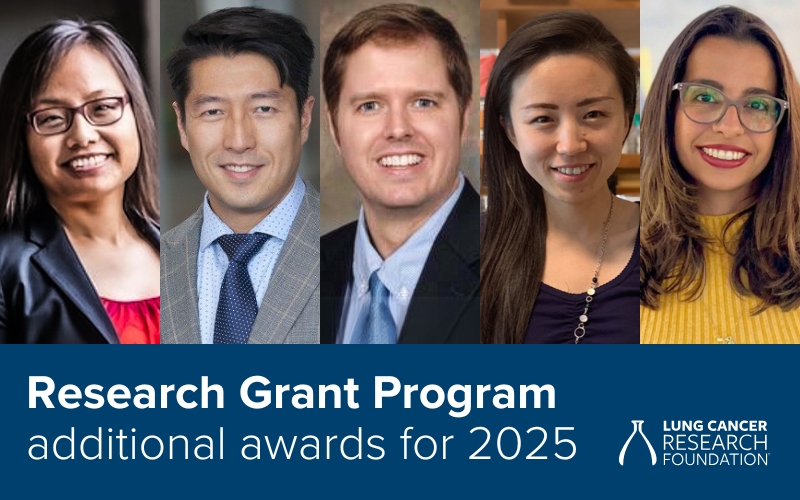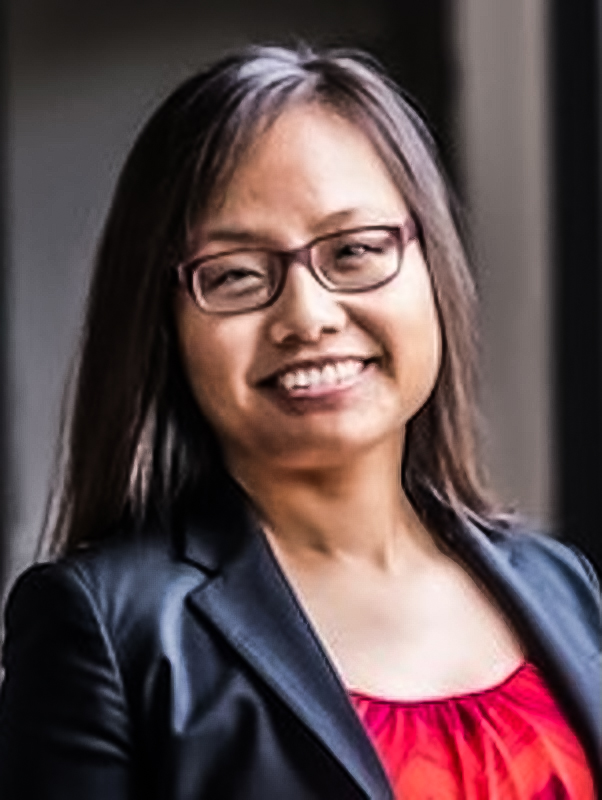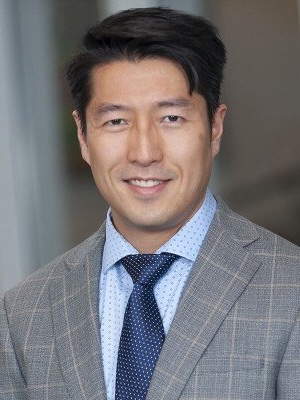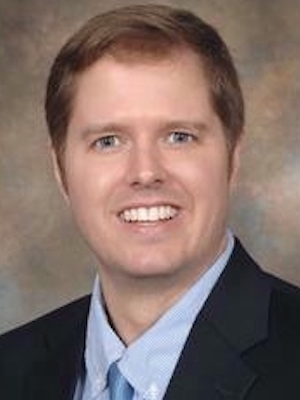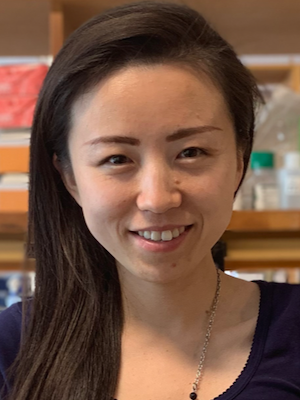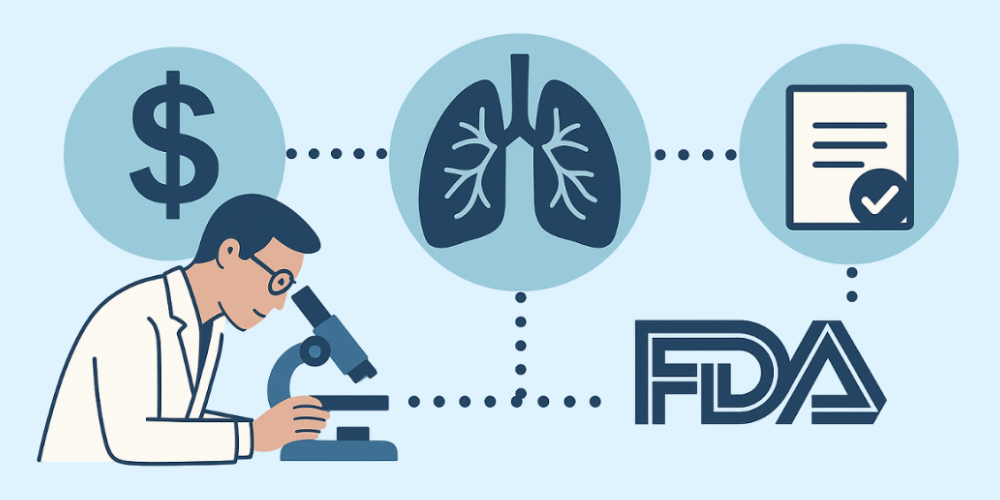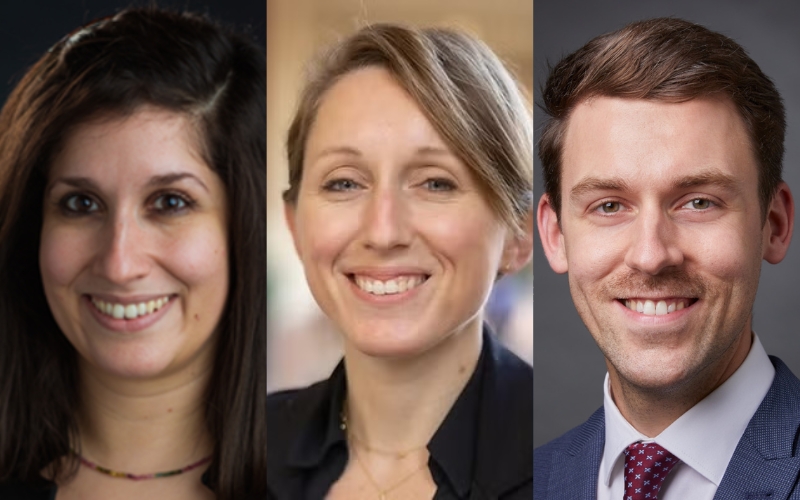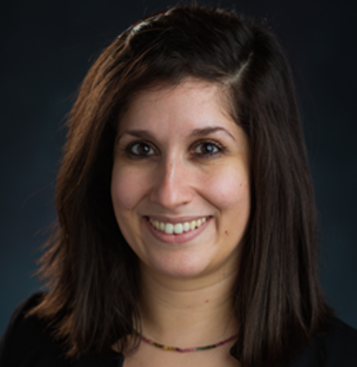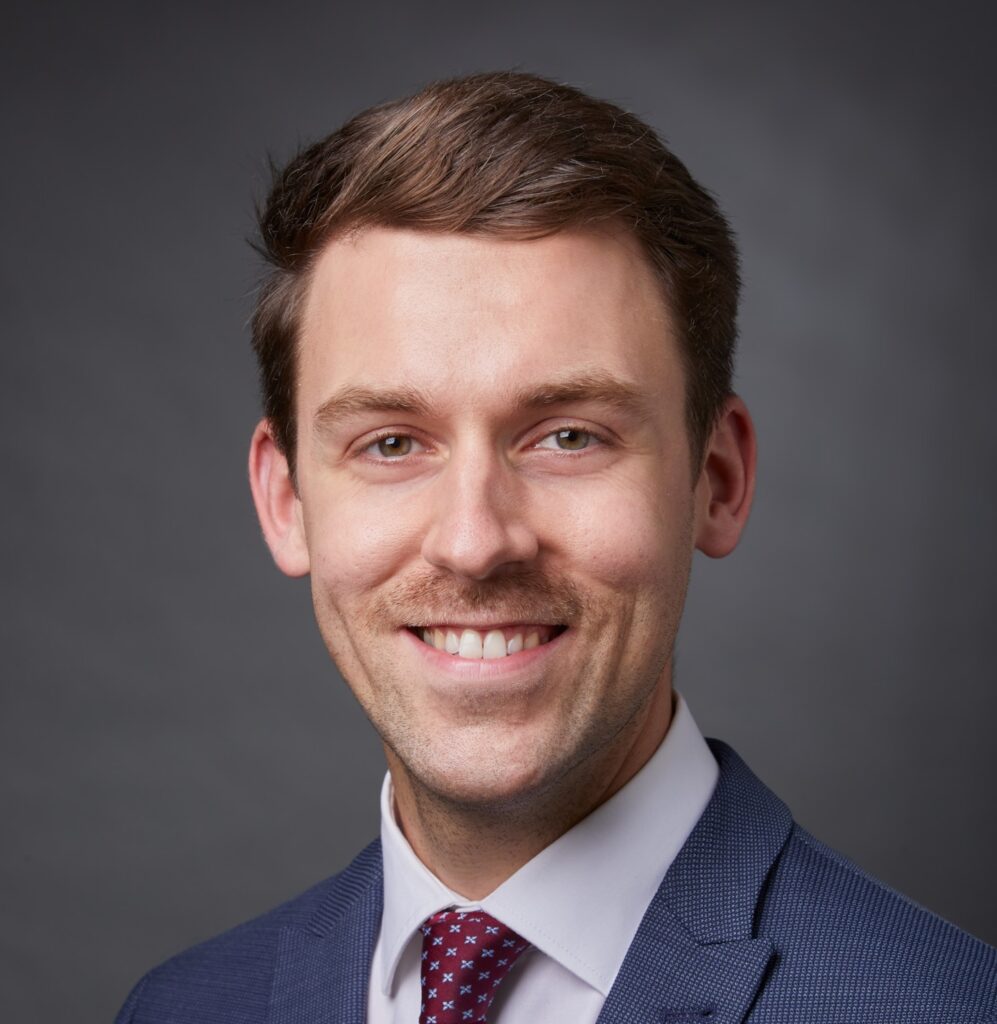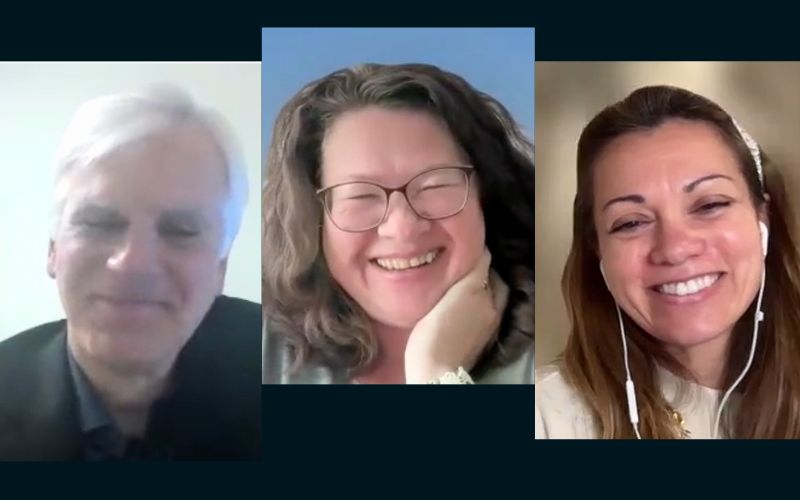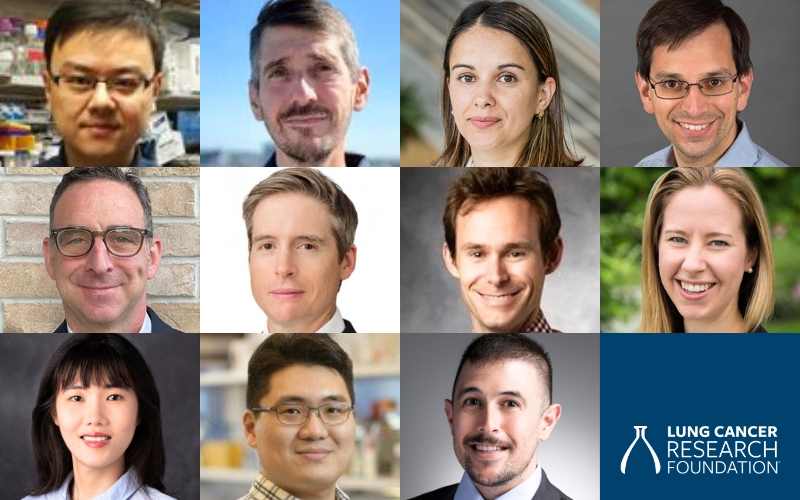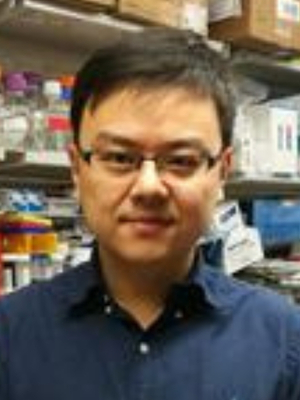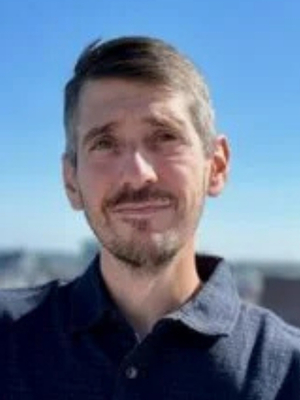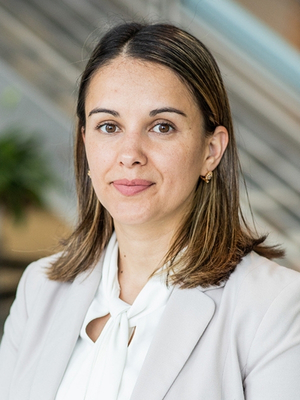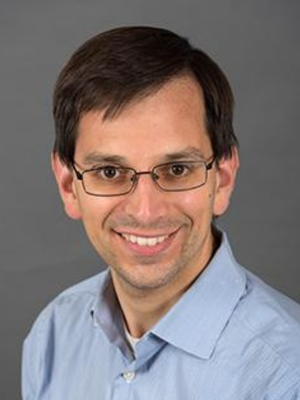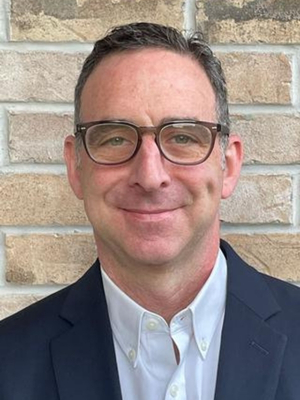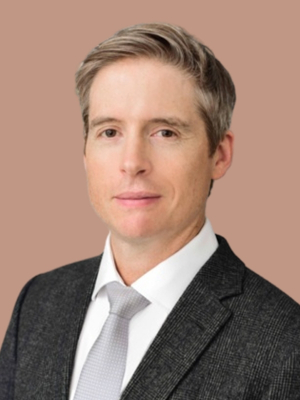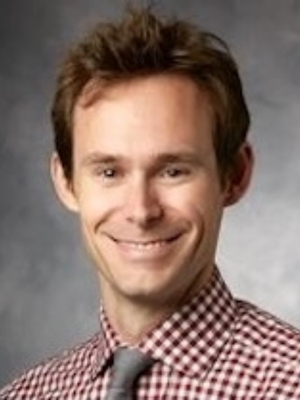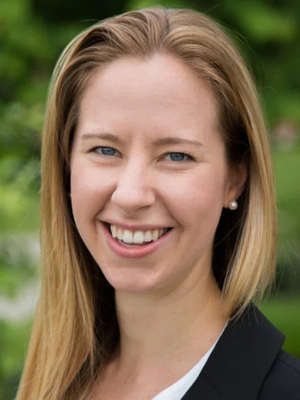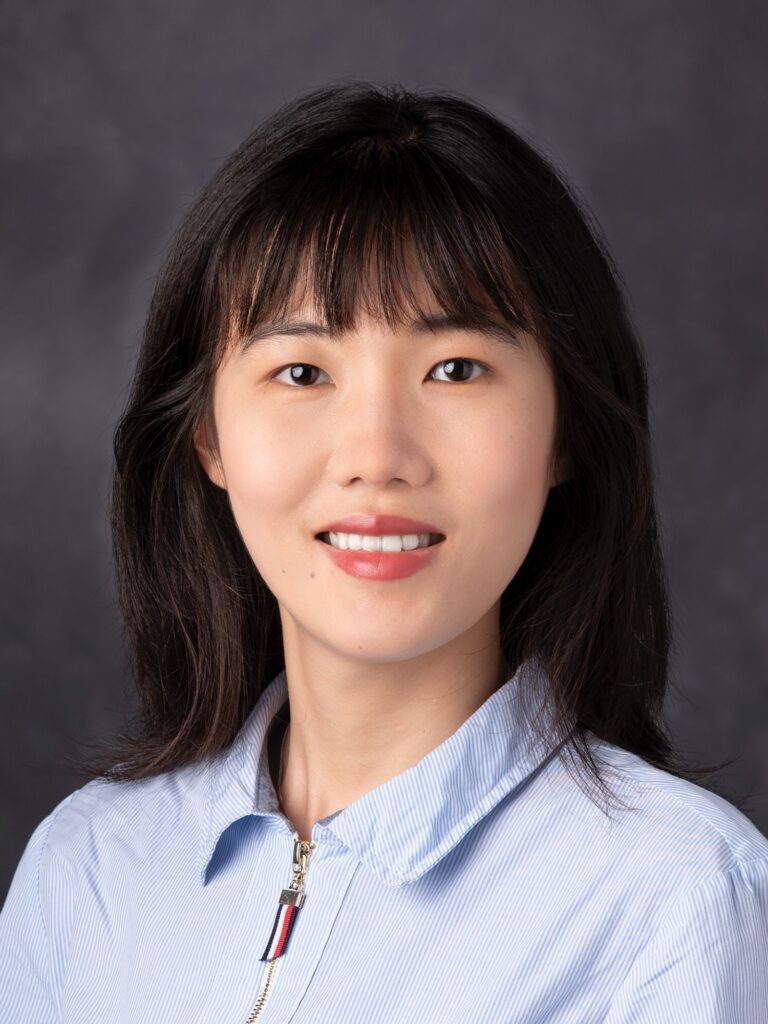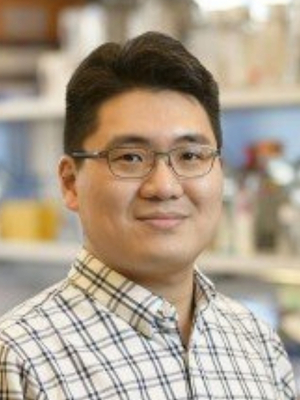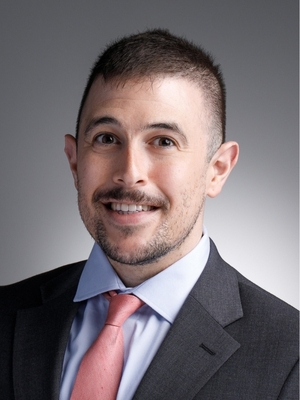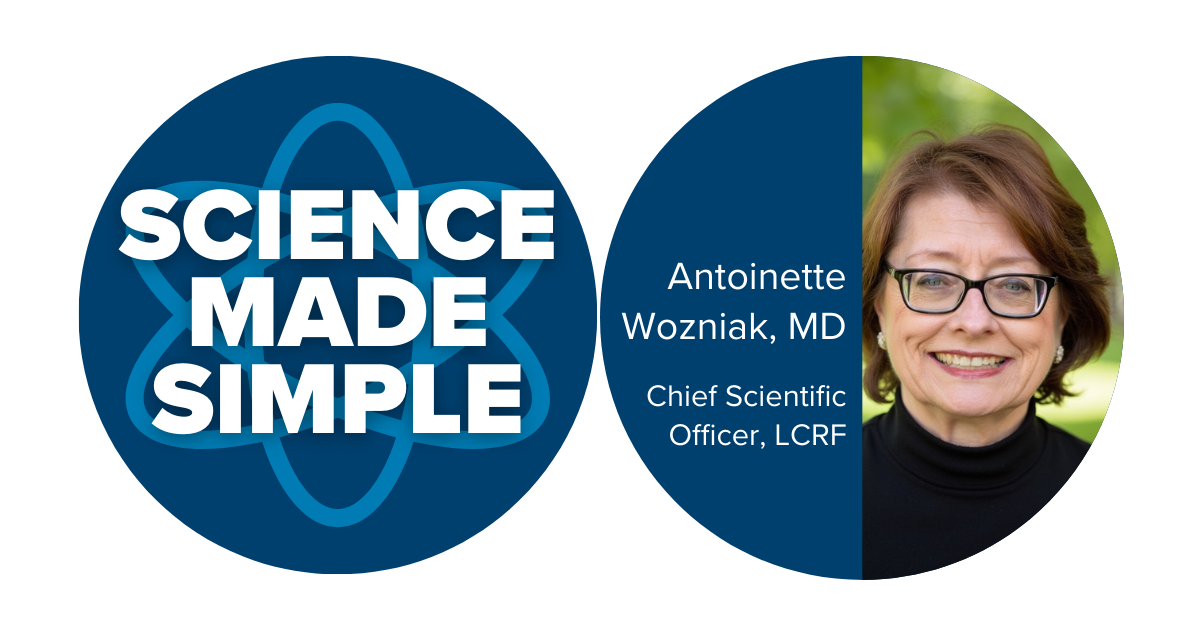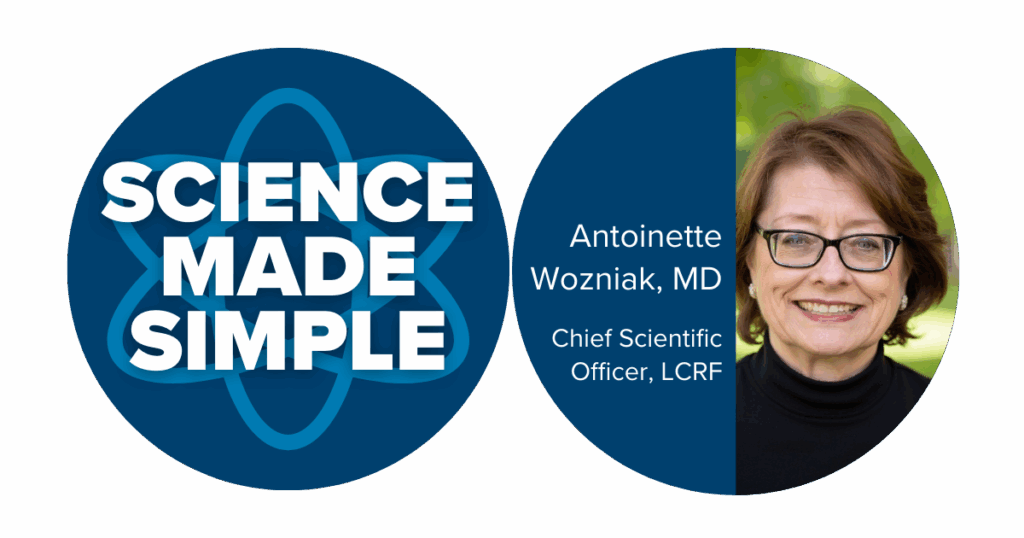Collaborative grant funds research on the effects of air pollution and climate change in lung cancer
NEW YORK, NY (January 12, 2026) – The Lung Cancer Research Foundation (LCRF) and Oncology Advocates United for Climate and Health – International (OUCH-I) announce today that their collaborative research program, titled OUCH-International and LCRF Research Grant Program on the Effects of Air Pollution and Climate Change on Carcinogenesis and Lung Cancer Prevalence, is now accepting proposals. The two organizations are partnering to fund projects that examine the impact of environmental pollution and climate change on lung cancer risk, diagnosis, treatment and outcomes; along with innovative strategies to mitigate these effects. With support from AstraZeneca, the selected project will receive a $200,000 award over a two-year period.
Air pollution causes many health hazards, can contribute to the development of lung cancer, and can worsen its prognosis. Increasing evidence indicates that air pollution is a major cause of lung cancer, and the number of estimated lung cancer deaths attributable to air pollution has increased by nearly 30% since 2007, as smoking has decreased and air pollution has increased (Turner MC et al, CA Cancer J Clin, 2020). The International Agency for Research on Cancer (IARC) has classified outdoor air pollution and particulate matter (PM) with a diameter of less than 2.5 microns (1 inch = 25,400 microns) as a cause of lung cancer (Straif K et al, IARC Press, 2013; Loomis D et al, Lancet Oncol, 2013; GBD 2019 Risk Factors Collaborators, Lancet, 2020). Data now show that exposure to pollution—whether from industrial sources or wildfires—increases the risk of lung cancer in both smokers and non-smokers (Hill et al, Nature, 2023). Globally, outdoor (ambient) air pollution is regarded as the second most important cause of lung cancer mortality, and indoor air pollution is considered the seventh most important cause (GBD 2019 Risk Factors Collaborators, Lancet, 2020).
“Recognizing that exposure to air pollution is the second-largest risk factor for lung cancer should be central to discussions within the lung cancer community,” says Joan Schiller, MD, Founder of OUCH-International and long-time member of LCRF’s Board of Directors. “By funding research to better understand the effects of air pollution on the development of lung cancer, we hopefully will enable more effective risk recognition, screening, and education among patients and healthcare professionals.”
“Despite declining rates of tobacco use, the incidence of lung cancer in people with no known risk factors, especially in young women, is on the rise,” remarked Antoinette Wozniak, MD, FASCO, LCRF Chief Scientific Officer. “The more we understand about all major risk factors driving lung cancer, the better equipped we will be to diagnose earlier or even prevent lung cancer from developing.”
Submissions to the Request for Proposals will be accepted until midnight on June 2, 2026. All applications will be subject to rigorous review by LCRF’s Scientific Advisory Board and OUCH-International. More details about the Request for Proposal, along with eligibility, requirements, and deadlines can be found at LCRF.org/FundingOpportunities.
# # #
About the Lung Cancer Research Foundation (LCRF)
The Lung Cancer Research Foundation® (LCRF) is the leading nonprofit organization focused on funding innovative, high-reward research with the potential to extend survival and improve quality of life for people with lung cancer. LCRF’s mission is to improve lung cancer outcomes by funding research for the prevention, diagnosis, treatment, and cure of lung cancer. To date, LCRF has funded 450 research grants, totaling nearly $53 million, the highest amount provided by a nonprofit organization dedicated to funding lung cancer research. For more information about the LCRF grant program and funding opportunities, visit LCRF.org/research.
About Oncology Advocates United for Climate and Health – International (OUCH-I)
OUCH is the only non-profit, nonpartisan volunteer cancer organization focused on mitigating the effects of climate change on cancer care. Our mission is to advance awareness, actions, and policies that mitigate the effects of climate change on cancer care, and our pillars include advocacy, education and outreach research, cancer care delivery, sustainability, and resilience, and climate justice and health equity. Our members include oncology health care professionals (e.g. MDs, PhDs, RNs, pharmacists, social workers, researchers, patient advocates) who are interested in mitigating the effects of climate change on cancer. We currently have over 150 members representing 27 states and 23 different countries, including six oncology professional societies.
Contact:
LUNG CANCER RESEARCH FOUNDATION
Sheila Sullivan
Sr. Director, Marketing & Communications
ssullivan@lcrf.org
OUCH – INTERNATIONAL
Joan H. Schiller, MD
(608) 469-6992
joanhschiller@gmail.com
ouchforclimate.org

